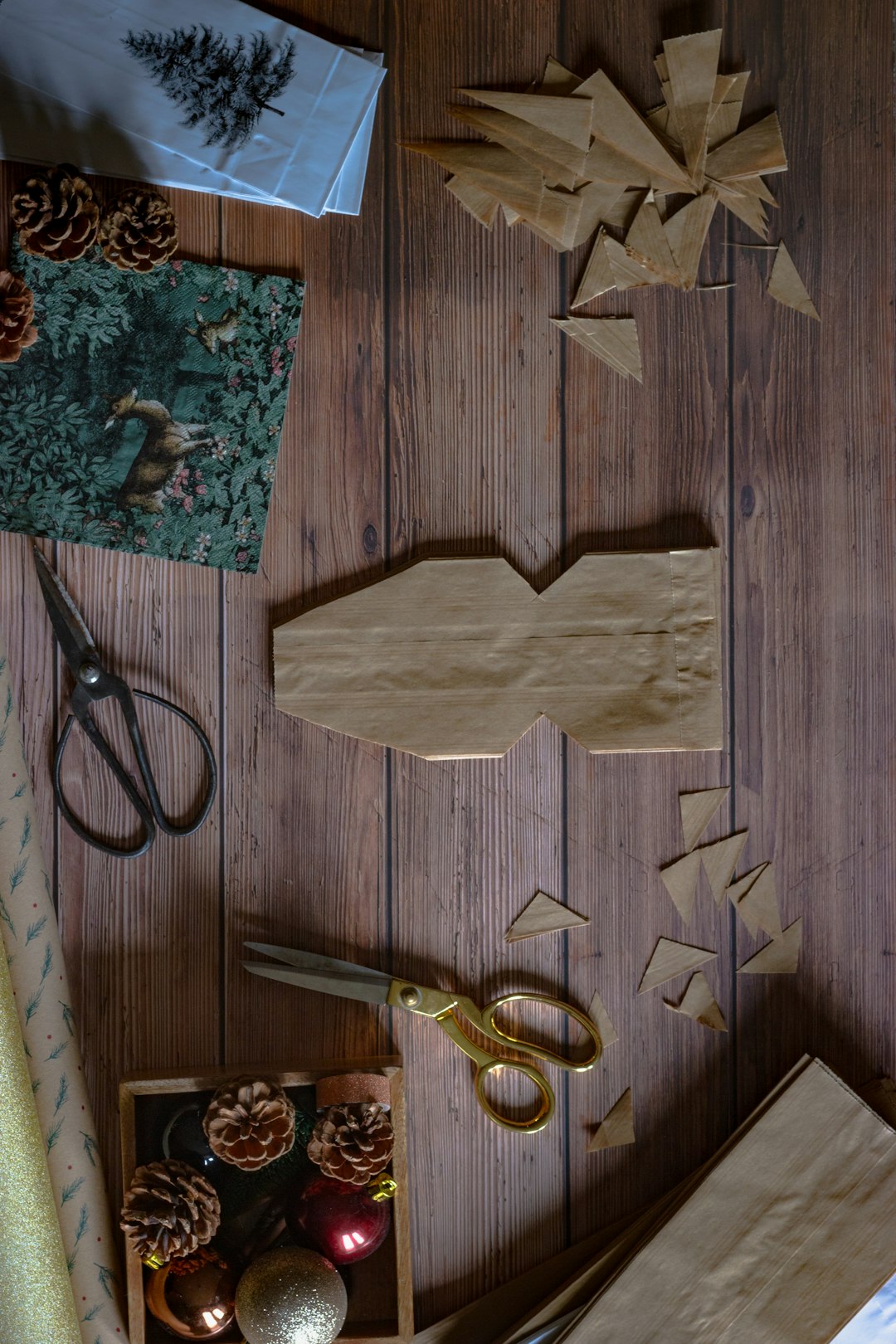Hand lettering is a beautiful form of art that involves creating visually appealing letters by hand. It is a great way to add a personal touch to your projects, whether it’s creating posters, greeting cards, or simply journaling. If you are a beginner looking to explore the world of hand lettering, this blog post is for you.
Before we delve into the specifics of hand lettering, let’s first understand what it is and how it differs from calligraphy. Hand lettering is a more casual and artistic form of writing, whereas calligraphy is more structured and formal. Hand lettering allows for more creativity and expression, making it an ideal choice for beginners who want to explore their artistic side.
To get started with hand lettering, you will need a few basic supplies. These include a good quality pen or marker, paper, ruler, and pencil. You may also want to invest in specialized hand lettering pens and markers, which come in a variety of thicknesses and colors.
One of the most important aspects of hand lettering is understanding the basic strokes and shapes that make up each letter. Each letter is created by combining different strokes, such as upstrokes, downstrokes, and loops. By practicing these basic strokes, you will be able to create your own unique lettering style.
When practicing hand lettering, it is important to start with simple words and phrases. Begin by writing out each letter individually, paying attention to the size, spacing, and shape of each letter. Once you feel comfortable with individual letters, you can start putting them together to form words and phrases.
One tip for beginners is to sketch out your lettering before committing it to paper. This will help you plan out the layout and spacing of your letters, ensuring a more polished final product. You can also use guidelines or grid paper to help you keep your letters straight and uniform.
As you practice hand lettering, experiment with different styles and techniques. You can play around with different fonts, colors, and embellishments to create a unique look that reflects your personal style. Don’t be afraid to make mistakes – part of the beauty of hand lettering is its imperfections.
Another important aspect of hand lettering is consistency. It is important to maintain a consistent style throughout your work, from the size and shape of your letters to the spacing between words. This will create a more cohesive and professional-looking finished piece.
To take your hand lettering skills to the next level, consider taking a workshop or online course. There are many resources available for beginners looking to improve their hand lettering skills, including tutorials, books, and videos. These resources can help you learn new techniques and styles, as well as provide inspiration for your own projects.
One of the best ways to improve your hand lettering skills is to practice regularly. Set aside time each day to work on your lettering, whether it’s practicing individual letters or creating full phrases. The more you practice, the more confident you will become in your abilities.
In conclusion, hand lettering is a beautiful and creative form of art that anyone can learn. By starting with the basics and practicing regularly, you can develop your own unique lettering style. Whether you are creating custom cards, posters, or simply journaling, hand lettering is a fun and rewarding skill to explore. So grab your pens and paper and start lettering!


